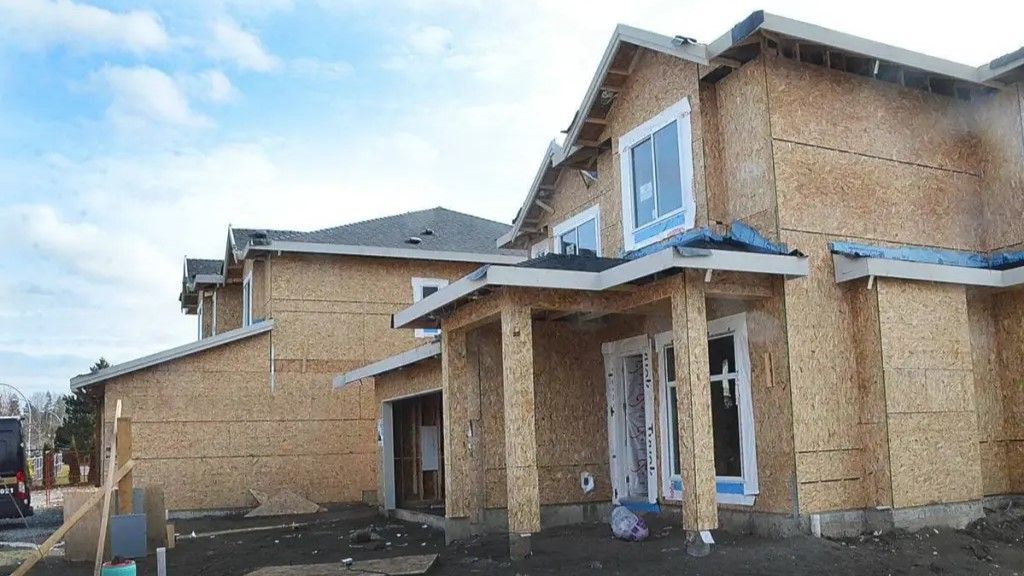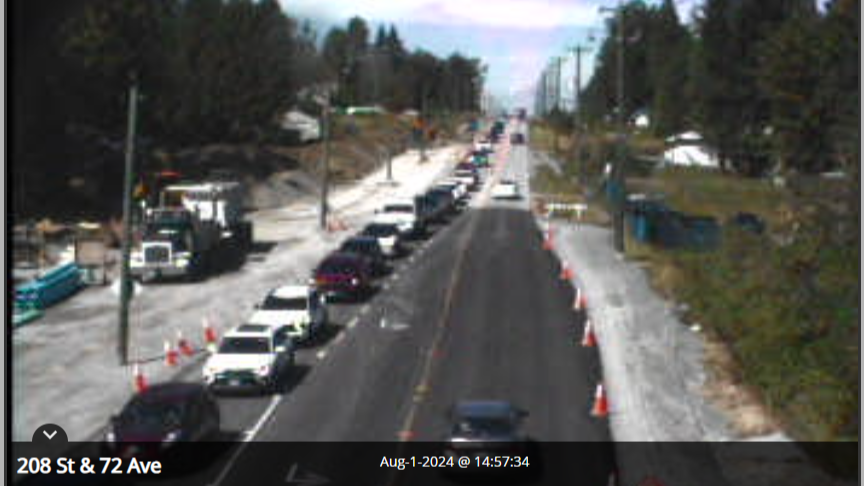Did you receive a Speculation tax declaration?
Irina Bartnik Notary • February 12, 2020

This is second year now that residential property owners must complete annual declaration for the Speculation and vacancy tax. This tax is applicable only to certain designated taxable regions.
If your home was or is located in the designated area, it is your responsibility to file the declaration. If you do not file the declaration, you will be assessed for a speculation tax. Unlike Vancouver empty home tax, Speculation tax does not get attached to the property. It is attached to the home owner that owned the property (was registered owner in Land Title office) as of December 31st, 2019.
Please visit this web site
for more information on how to file and determine if your property is subject to Speculation tax:
Most of us will receive the notice with no problem and will file the declarations. Those that sold the property in the beginning of this year (2020) and moved to a different home may miss the notices that were sent out in the mail. If you know someone that sold the property recently, please talk to them and bring awareness that they still need to file a Speculation tax notice , even if they did not receive it in the mail. You may save them a lot of money and stress.







